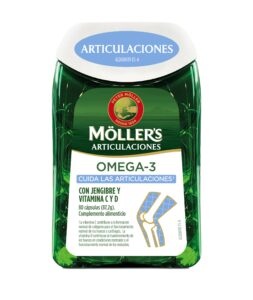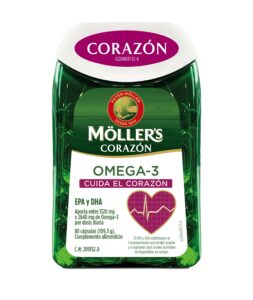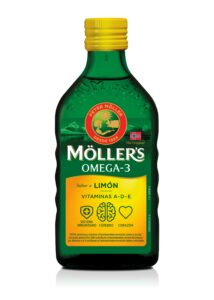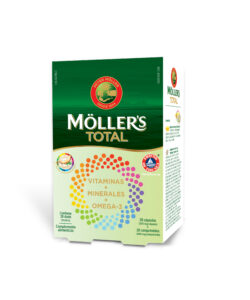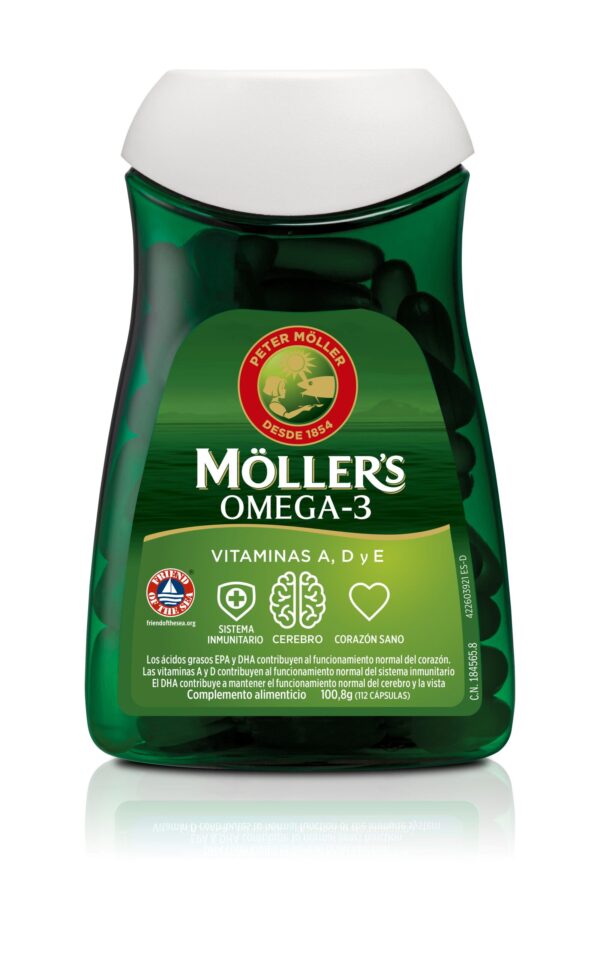When you are pregnant, there are few things that occupy you more than caring for the little one in your tummy. There are also a lot of new things to learn, such as which vitamins the foetus needs to develop normally.
Home » What are important vitamins in pregnancy?

Pregnant women need extra vitamins
The female body is specifically designed to carry babies and to provide nutrients both during pregnancy and the baby’s infancy. Pregnancy is a natural process that progresses and takes control of your body without you doing much more than allowing yourself to be fascinated by it. You can generally follow the same dietary advice that applies to the general population when you are pregnant; that is, that a varied and healthy diet covers your need for vitamins. However, there are still some nutrients you need to pay attention to when good food sources of these are limited.
Folic acid before pregnancy and during
The NHS recommends you take a folic acid supplement if you plan to become pregnant, as well as during the first trimester of your pregnancy. The recommendation of 400 mcg folate per day is based on the fact that the intake of folate reduces the risk of spinal defects, such as spina bifida, in the baby. Folate deficiency can also lead to other congenital damage caused during the development of the nerve system in the foetus. Folic acid is a type of folate commonly used as a supplement as it is the most stable form of folate. Folate is also naturally found in green vegetables such as spinach, broccoli, kale, and Brussels sprouts. Coarse grain products, berries, and citrus fruits are also good sources of folate.
Vitamin D for the immune system and bone growth
The NHS also stresses vitamin D in pregnancy. Vitamin D is produced naturally in the body when skin is exposed to the sun’s rays. Unfortunately, here in the Northern Hemisphere, we don’t have as much sun as other countries. Food sources of vitamin D are limited to oily fish, egg yolk, fish roe and fish liver. Some foods, such as skim milk, have added vitamin D.
There is a close relationship between your intake of vitamin D and the vitamin D levels of your baby at birth. Vitamin D is important for the immune system and for the absorption and use of calcium and phosphorus, which again are critical in maintaining your skeleton and building that of your baby.
Two capsules contain folate and vitamin D
Møller’s Pharma takes pregnant women seriously and has developed Good Start. Good Start are capsules designed especially for pregnancy and contain folate, vitamin D and omega-3. Everything is in the correct dosage for you to feel confident that your baby is getting what he or she needs of these nutrients during your pregnancy. The capsules have been developed with a specific coating, which means they do not dissolve in the stomach with its low pH level. Instead, they dissolve in the intestine, where the pH level is higher. In this way, reflux and aftertaste are prevented, which is a relief, whether you suffer from morning sickness or not!
What is good health?
Do you have a good lifestyle?
Lifestyle simply means the way in which you live. Health and lifestyle go hand in hand. You might feel you have a good lifestyle if you are physically active, eat healthily and generally experience a sense of wellbeing. Conversely, if you want good health you should also have a good lifestyle.
Physical activity is the major contributor to a good lifestyle, but diet, drugs, stress, sleep and social conditions are also play an important role. Being able to use the body properly to avoid injury also affects lifestyle. Physical activity can also prevent depression and help you to recover more quickly from mental illness, both of which obviously affect your lifestyle.
Diet can be a difficult topic for many. Perhaps you eat too much or too little or maybe you find it hard to know what foods to combine to have a balanced diet. It’s also important to eat food that contains important vitamins, minerals and dietary fibre, omega-3 and antioxidants. On top of all this, you also need to get enough energy, protein and the correct fatty acids. The requirement for these nutrients changes throughout your life. When you are older you also have different requirements than children and younger adults. Women also have different requirements than men. Pregnant and breastfeeding mothers also have special requirements.
When you get older, you lose muscle mass and your body requires less energy and therefore less food. You may lead a less active life than you did before, which is why you require less food. However, your need for minerals, vitamins and other nutrients remains the same. Of course, there are plenty of healthy and active older people, but when you reach 70 to 80 years of age, it’s easier to become ill, especially during flu season.
Some steps you can take to improve your lifestyle and health are to:
- eat a healthy and varied diet
- stay active
- watch your weight
- avoid too much alcohol and don’t smoke
- get enough sleep
- think positive
- practise good hygiene
What is good quality of life?
The World Health Organisation (WHO) defines quality of life as a state where the individual can realise their potential, cope with normal stressful situations, work in a rewarding and positive way, and be able to contribute to others and society.
Quality of life is a wide and somewhat diffuse concept that includes joy in, and a desire for, life. These are values that are rather felt than measured, which in turn are based on personal environment and choices. Quality of life doesn’t necessarily depend on being healthy or sick. It’s the moments between worries, sorrows, problems and ailments that matter. For example, if you have a chronic illness, a feeling of mastery can be important when talking about quality of life.
To sum up, quality of life is a combination of health, lifestyle, networks and social support. It’s about experiencing joy, meaning in life, satisfaction, security and a sense of belonging, as well as being able to use your strengths. It’s also about feeling interest in life, coping with everyday situations and a being committed to something or someone. If you have good quality of life, you will be able to cope better with the inevitable stressful situations in life.
Learn more
Exercise program for the elderly
Healthy Aging Healthy Bones
Healthy diet during pregnancy
Brain Healthy Aging
Good health, lifestyle and quality of life – What does it all mean?
Cod Liver Oil Healthy Aging
Get inspiration on our Instagram
This error message is only visible to WordPress admins
There has been a problem with your Instagram Feed.
